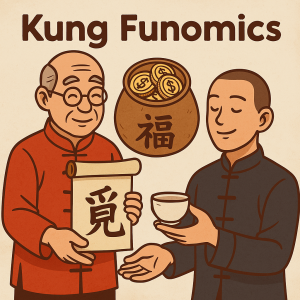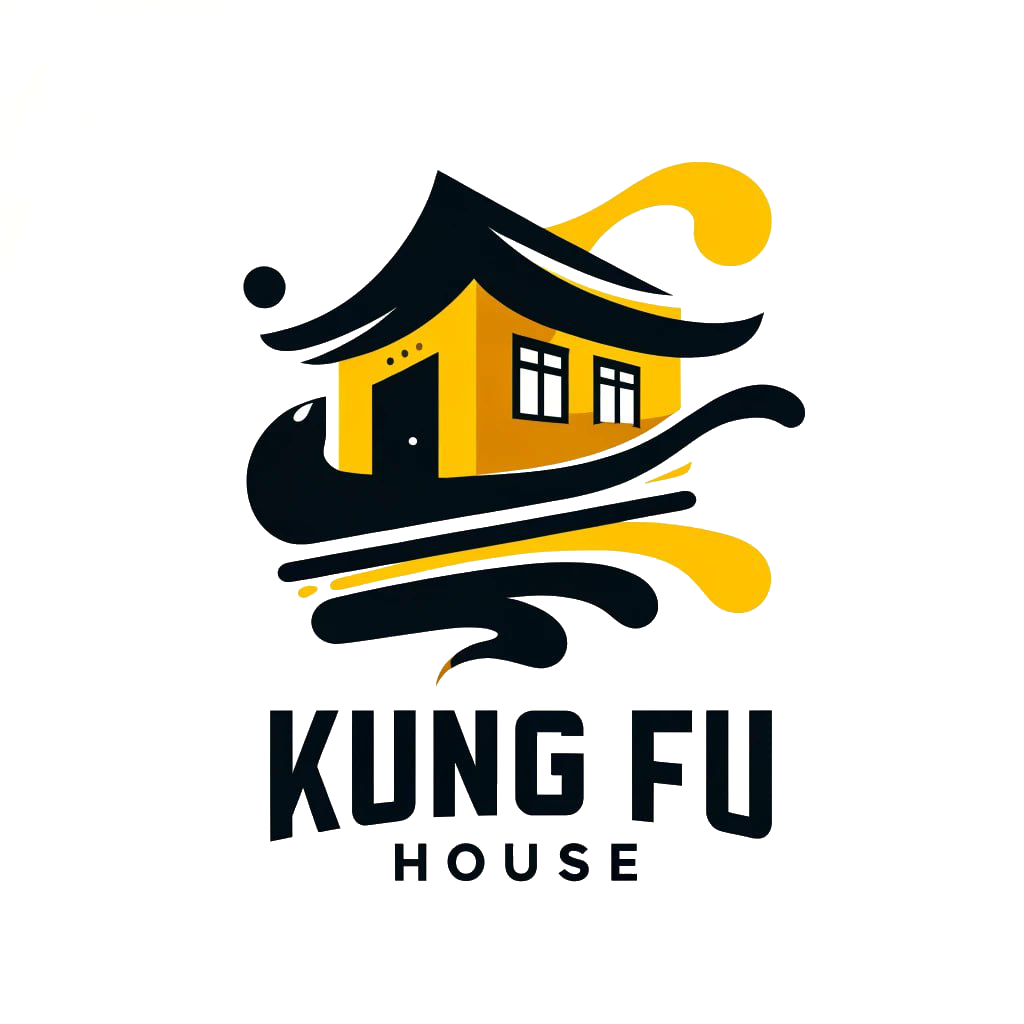
The other day, my Sifu needed help fixing the headquarters of our organization—the Mo Gwoon. A storm had ripped part of the roof clean off, and the place that has housed decades of discipline, sweat, and personal transformation was left vulnerable.
I mentioned to someone that the indoor students were sending money to help with the repairs, and they asked,
“Why do you have to send money for that?”
I smiled and said,
“See, thinking like that is exactly what would keep someone from becoming an indoor student.”
Not out of elitism. Not because people need to pay to belong. But because that mindset shows a misunderstanding of what it means to belong in the first place.
Imagine if I were in need, and my students responded the same way:
“Why should I help?”
“Isn’t that your problem?”
It’s a human tendency—we all love being helped. But when it’s our turn to help? Suddenly we get quiet. We love being served. But when the weight shifts and it’s time for us to serve, our selfishness shows up.
How can I expect someone to serve me tea if I don’t feel it’s my place to serve tea to my Sifu?
How can I expect my students to take class seriously, show up consistently, and live the Kung Fu way with discipline and gratitude—if I’m skipping classes, half-hearted in my effort, or treating the culture casually?
One of the best things my Sifu, Thornton Williams (Moy Don), ever told me was:
“Never be one of those Sifus who just takes and takes from their students and never gives back.”
And I’ve seen him live that.
Sifu is a giver—always.
Not just with wisdom, encouragement, and guidance (which would already be more than enough)…
but with beautiful, tangible gifts too.
Books, custom keepsakes, framed calligraphy, thoughtful tokens—things you hold in your hand that remind you of who you are and what you’re part of.
If you’ve ever been to our annual summit or one of his events, you know exactly what I mean. He doesn’t just host—he blesses.
Sifu doesn’t owe anyone anything. But he gives anyway. Freely. Joyfully.
Because real leadership gives when it doesn’t have to.
He also taught me something that’s stuck with me in and out of the training hall:
“Just like in Kung Fu, match people’s energy—but always keep your integrity.”
If someone comes in soft, don’t overpower.
If someone comes in hard, don’t break integrity trying to prove something.
Hold your line. Be kind. Be clear. Be rooted.
That’s what this whole thing is really about.
What I love most about Kung Fu culture is how the rituals don’t flatter us—they reveal us.
You think you’re humble?
Wait until it’s your turn to sweep the floor.
You think you’re generous?
Wait until someone asks for your help when it’s inconvenient.
You think you’re loyal?
Let’s see what happens when your Sifu asks something that costs you time, energy, or money.
It’s easy to think those with seniority are getting the biggest slice of the pie—but let’s be honest:
Who built the kitchen?
Who grew the ingredients?
Who stayed up baking while everyone else was sleeping?
A student shows up, trains, and goes home.
A Sifu is thinking about you before, during, and after class—about your growth, your obstacles, your path.
We all want to be valued, supported, uplifted… but the hard question is:
Do we offer that same energy in return?
A lot of people want to be served.
But few want to serve.
And hey, I get it—we’re human.
But part of the Kung Fu journey is looking in the mirror and asking:
What kind of human am I becoming?
So here’s my call to action:
Look within.
Find the little pockets of selfishness still hiding in your character.
Call them out. Clean them up.
Ask yourself honestly: Am I willing to do for others what I expect them to do for me?
Because if the answer is no, then we can’t be shocked when life—or others—mirror that back to us.
Sure, there’s always going to be that one spoiled apple who thinks the world owes them everything.
But you don’t have to be that apple.
Be the student who gives.
Be the practitioner who shows up for the culture.
Be the Sifu who leads with generosity, not ego.
That’s Kung Funomics.
